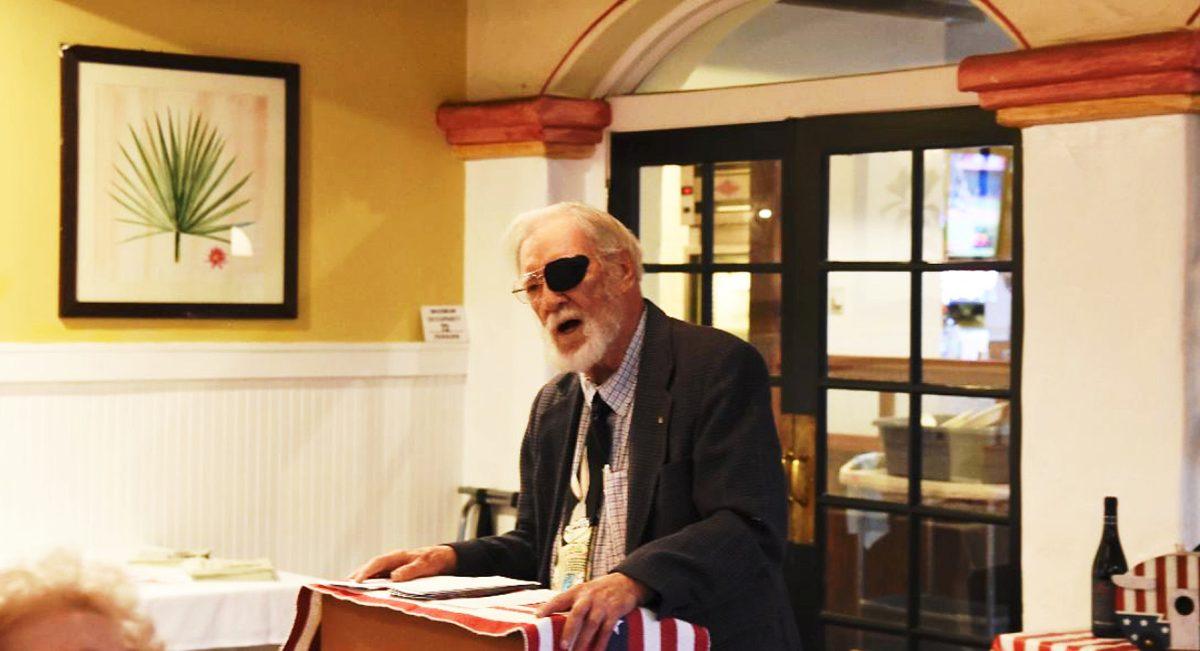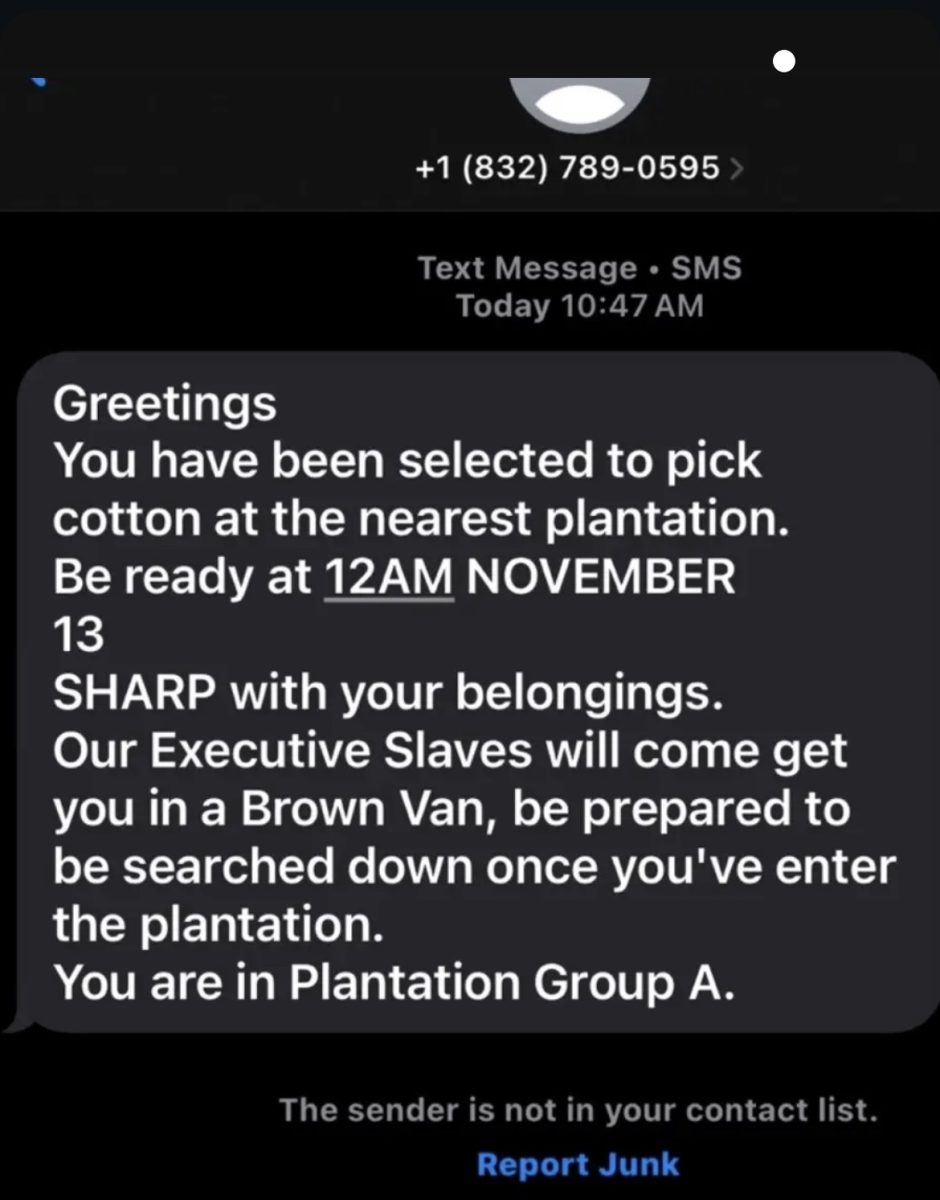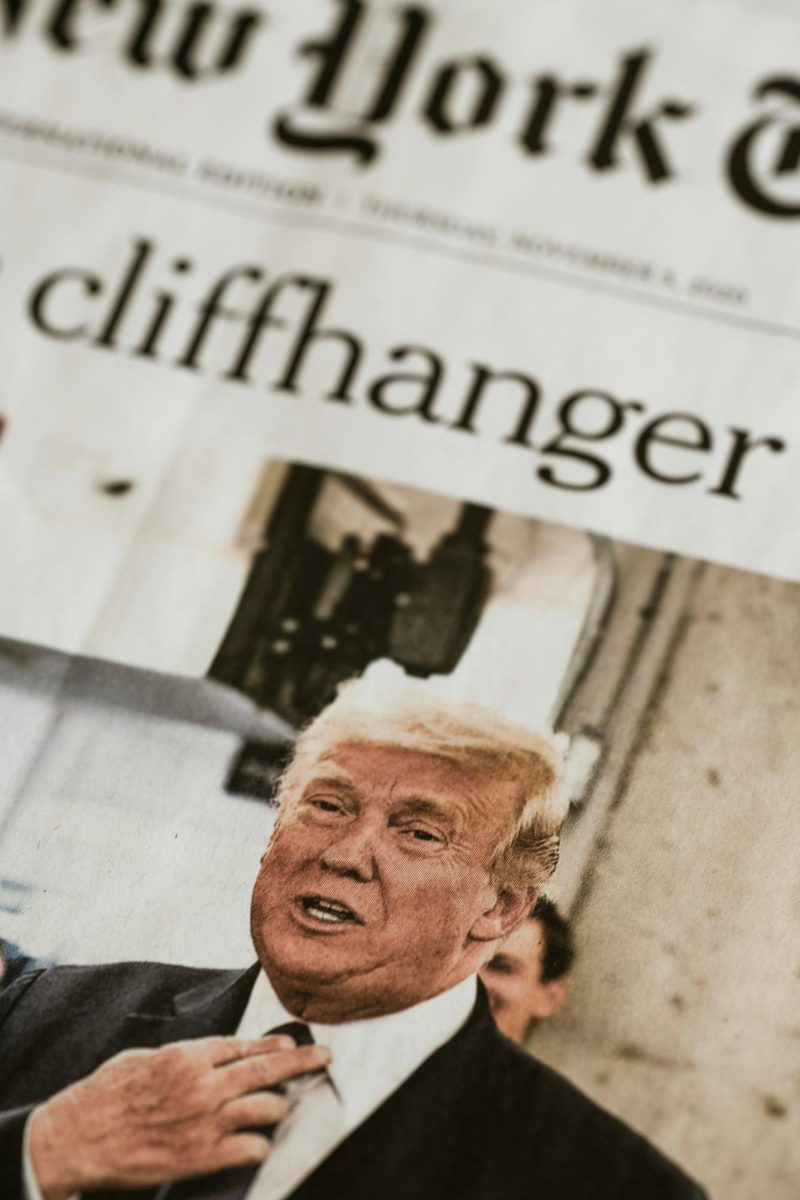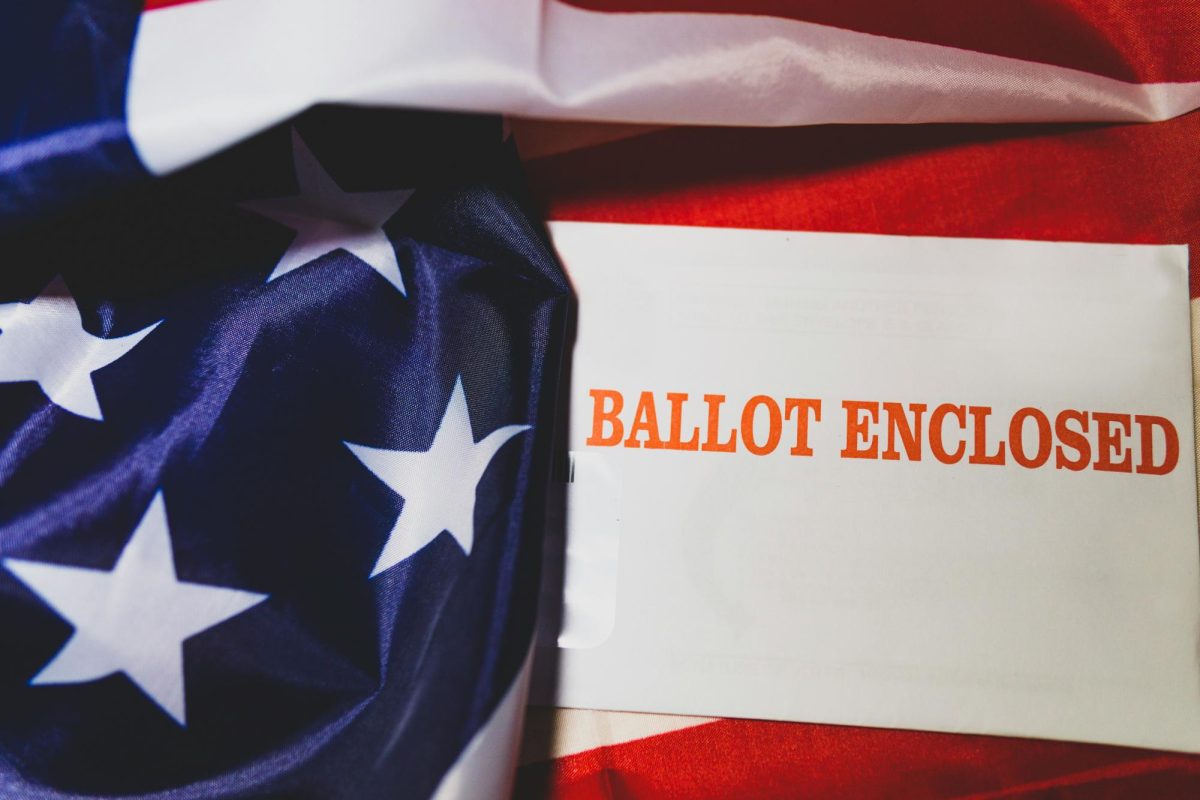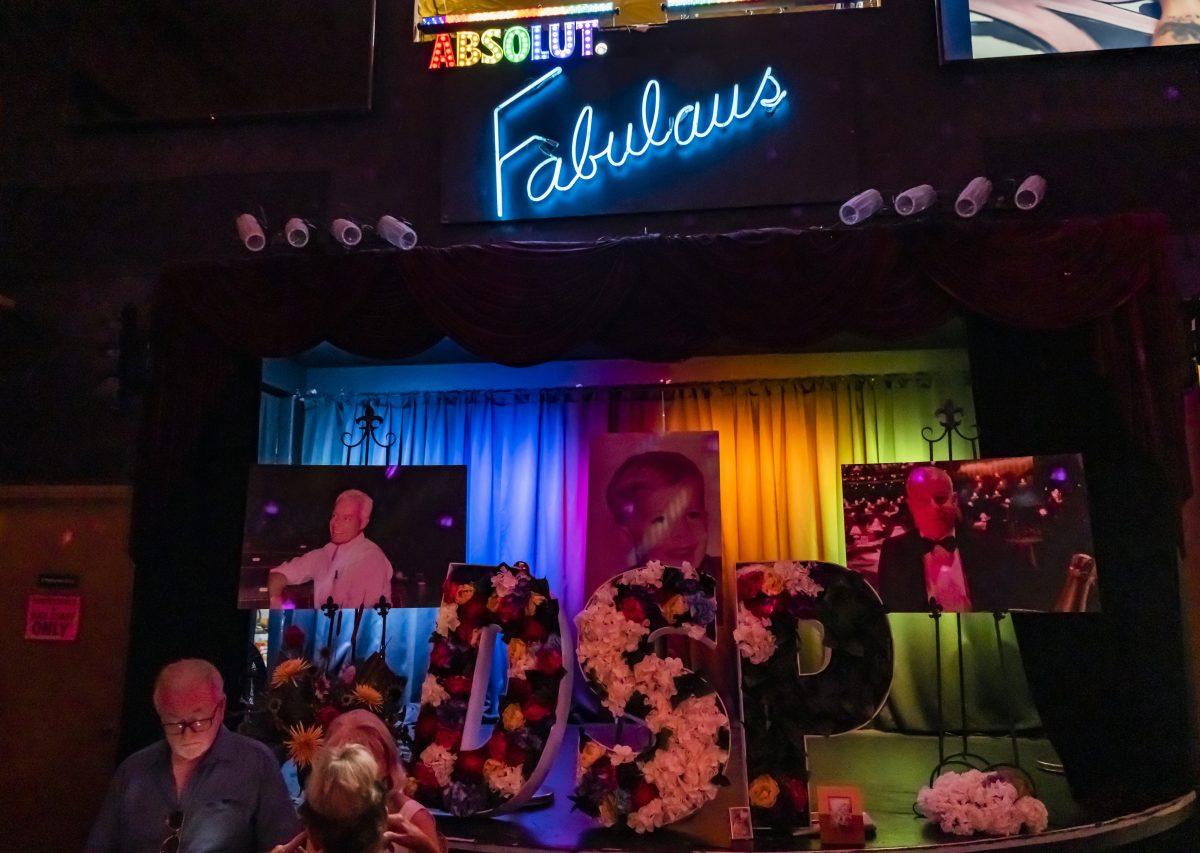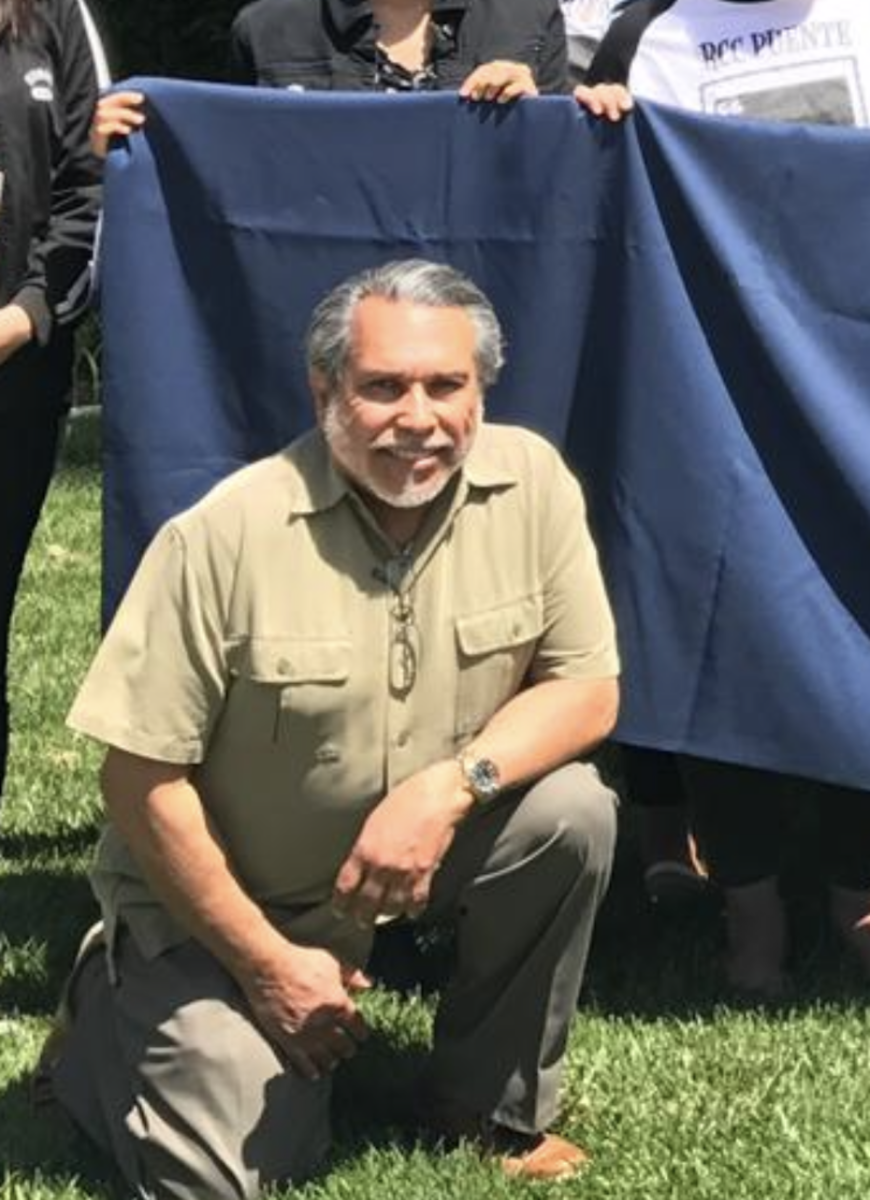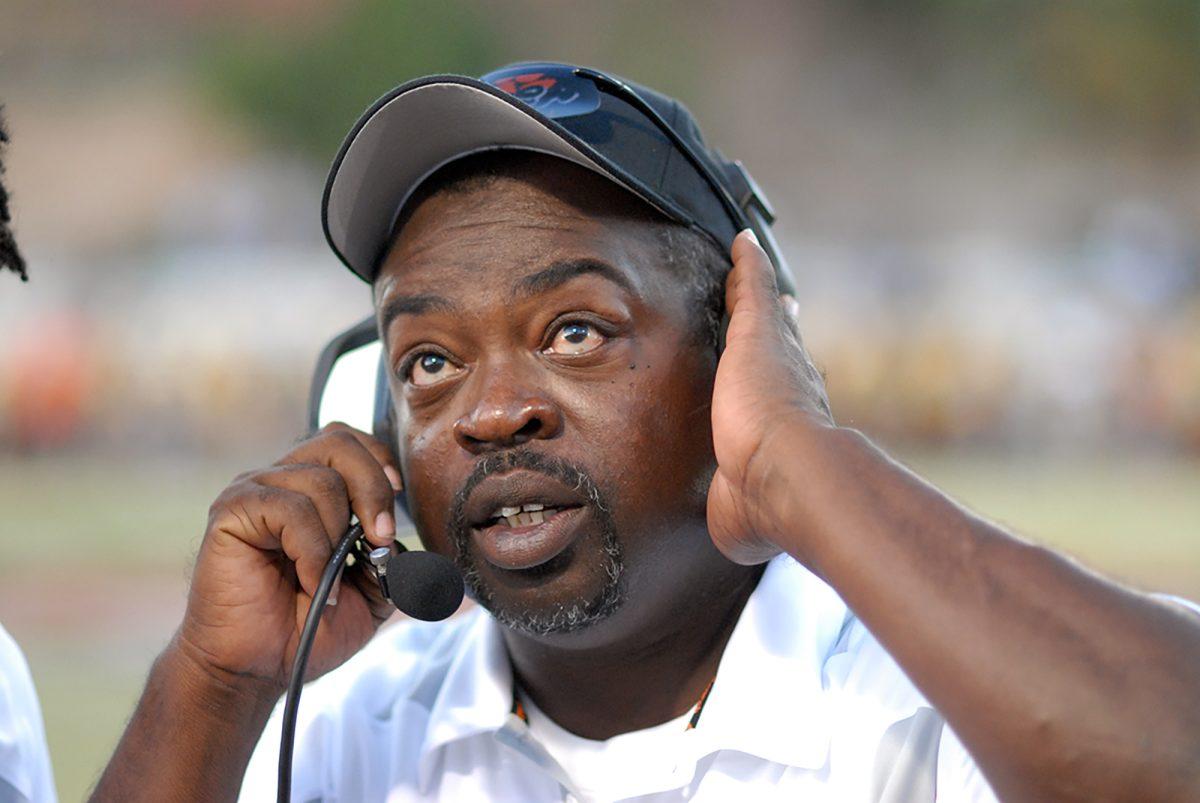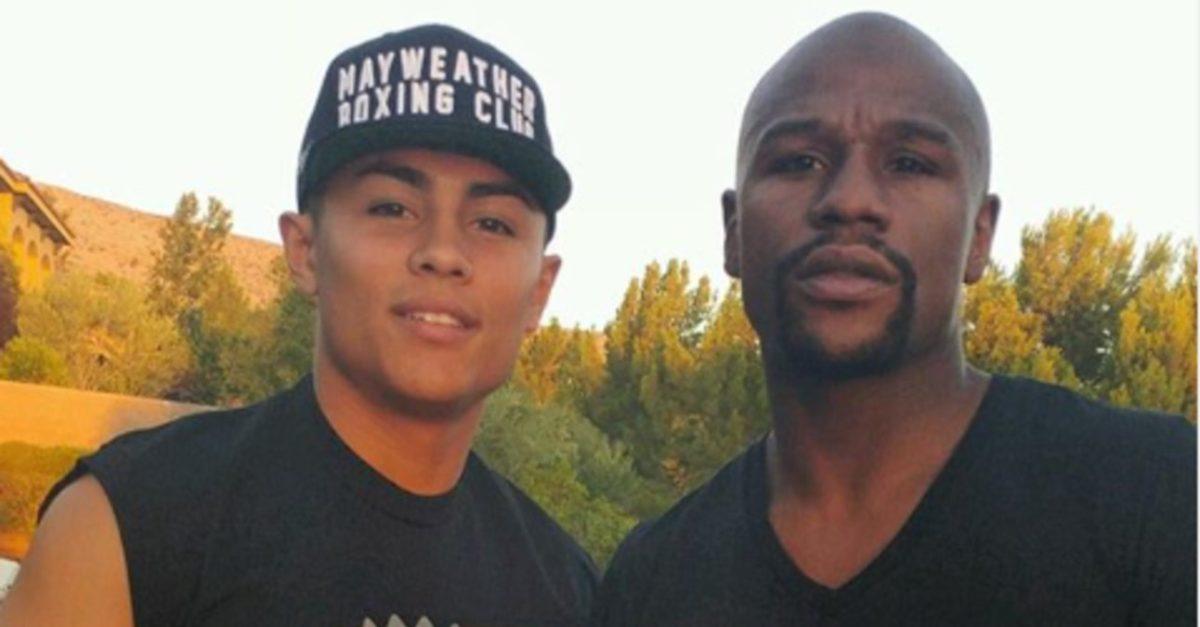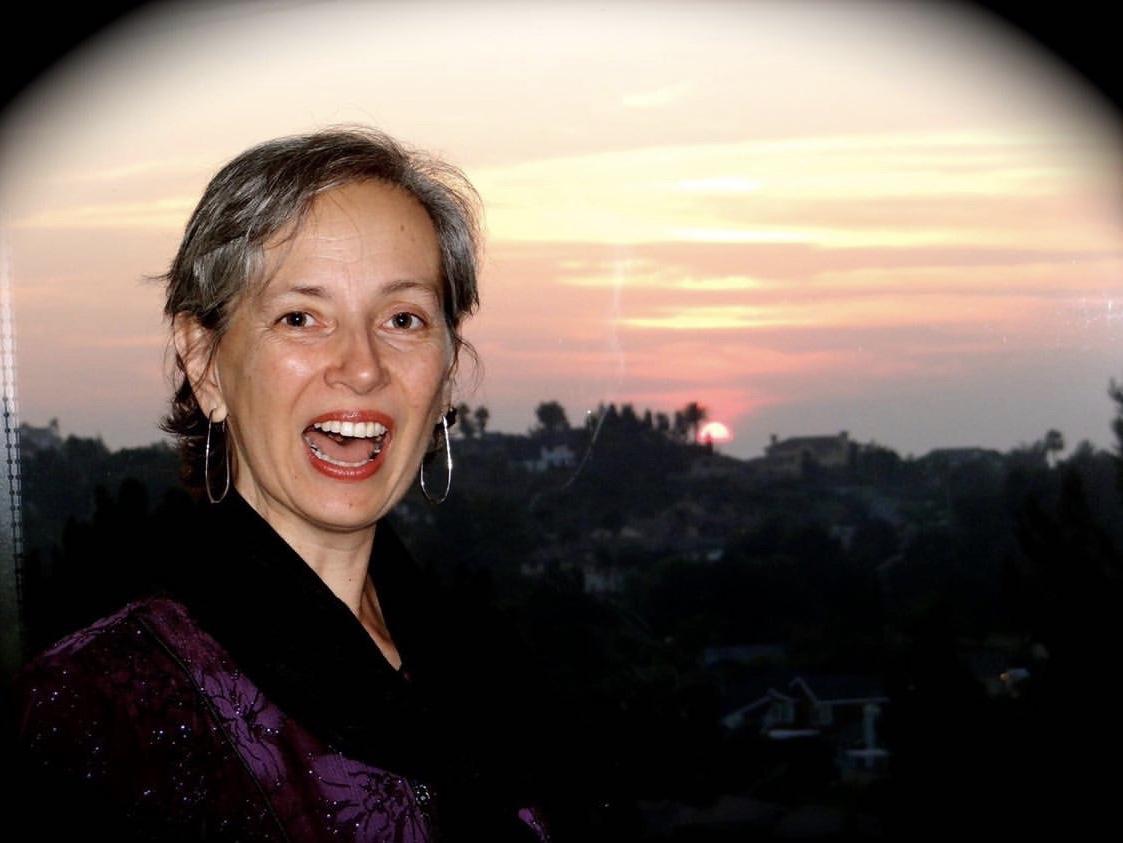By Darlene Dukelow-Burton
Many people around the planet will miss hearing international journalist Charles Wiley’s words.
He believed in total truth in reporting and the freedom for everyone to do so. He had a tremendous effect on the oppressed in other countries that had a chance to hear him. He led such an accomplished life that it’s hard to list it all adequately.
Wiley served in the U.S. Navy at 17 and was stationed in the South Pacific toward the war’s end.
He was a fearless war correspondent who covered and survived 11 wars. He was often that embedded photojournalist that everyone hears about on the news. He even accompanied foreign combat soldiers such as the Russian 13th Tactical Group in the Kosovo conflict; the Mujahideen in Afghanistan; China’s Red Army on a trip to the Soviet border; made four tours of Vietnam and flew into the siege of Hue with the South Vietnamese Air Force during the massive Tet Offensive.
Wiley was a renowned lecturer and storyteller in the last half of his life — considering he lived to 95, that’s saying something. He has spoken at universities and forums nationally and internationally each year for the last 50 years. He made his rounds lecturing students about truth and balance in the news, listening to everything, and stepping back to analyze what they observed.
“Make it objective reporting, fair and balanced,” Wiley would say.
He said he saw advocacy reporting becoming the norm and was afraid it would overtake the press, stressing that the public would not trust us anymore when reporters intentionally omitted facts and used false narratives.
Wiley fearlessly spoke out against dictatorships, imperialism, Communist and authoritarian governments in their own countries, resulting in eight arrests and confinements.
The secret police repeatedly arrested him in the People’s Republic of China and Russia. KGB chairman Vladimir Semichastny showed Wiley the file they had on him while awaiting deportation at Moscow’s KGB headquarters. Locked in a dungeon in Cuba, Wiley also defied communist leader Fidel Castro. He went on a publicized hunger strike, daring Castro to let an American reporter die because he believed in media truth and balance — rather than cave in to the leader’s demands.
I was fortunate to have met him twice at some local lectures and had the chance to sit with him for interviews. He was sharp and confident, kind, totally honest, and interested in everyone he met. It was refreshing to speak to a talent such as he, and I don’t know anyone else that could step into his shoes.

